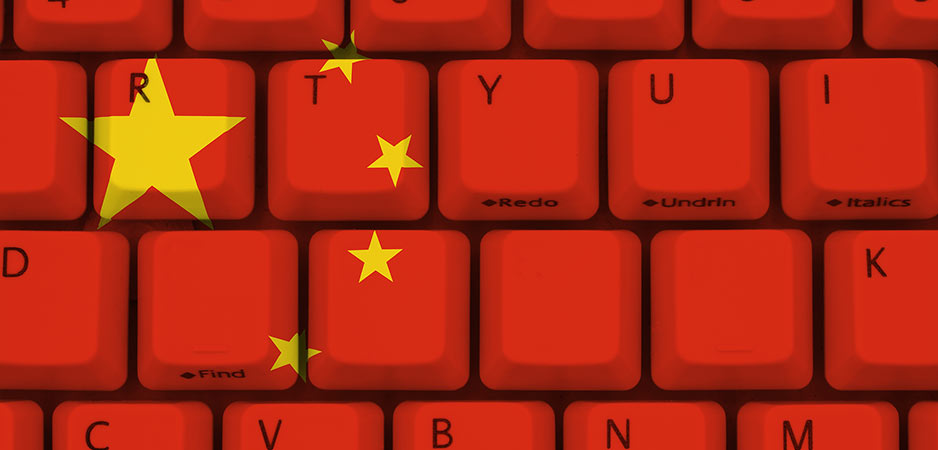In these days of being imprisoned at home as a consequence of the fear of Covid-19, the internet has enabled access to a variety of news and entertainment from across the world. Among the reasons why China can never challenge a combination of the US and India in Artificial Intelligence is the Great Firewall that has been placed across the country as it presently is, which is very different from what it was in the past, when Beijing had only limited control over less than half the present area of the People’s Republic. Access to the apps and internet service providers other than those controlled by the Chinese Communist Party would have ensured a far more broad-based flowering of talent within the PRC. Thanks to the manner in which foreign apps and internet services have been eliminated in the PRC (which nevertheless would like to see its own products freely available in the rest of the world), only the elite can access the spectrum of information available in the world. Chinese search engines such as Baidu have extremely limited bits and pieces of information about individuals and events, much less than Google, which has been banned. As long as the world was willing to accept the banning of its own products while welcoming Chinese applications freely, the industry could flourish in China. However, Prime Minister Narendra Damodardas Modi struck a decisive blow against such a monopoly by banning 49 Chinese apps and following up with more. While an official notification has yet to be issued, presumably because many in the bureaucracy are terrified of annoying Beijing, it is difficult to imagine that PM Modi would permit Huawei to enter the 5G market in India. Instead, the Taiwanese, South Korean and US versions should be welcomed along with the Indian version that has been developed by the most successful Indian conglomerate in the world. At the same time, curbs on freedom of speech that are sought to be expanded via such 21st century anomalies as the Information Technology Act should be removed. Harassing a hundred people and at the same time allowing a genuine malefactor to escape has long been a characteristic of the bureaucracy. Under RBI Governor Raghuram Rajan (who some politicians seek to enthrone as Union Finance Minister), banking procedures have become irksome, just as several processes relating to the equity market have become procedural nightmares because of regulation after regulation, restriction upon restriction, pushed by SEBI. Had that institution prevented insider trading, short trading based on collusion with corrupt officials and artificial boosts in share prices caused by management of the media and certain agencies, the country would not be the poorer by hundreds of billions of dollars leaving our shores as a consequence of manipulation. Sometime during Modi 2.0, there is need for an unbiased and expert entity to look into the record of various regulatory agencies and find out why so many sharks escape while so many innocent individuals get into procedural tangles caused by a growing thicket of rules. Most are of use only as a means of harassment and consequent extraction of goodwill, and PM Modi has acted boldly and correctly in seeking to do away with measures that retard progress while doing little to curb wrongdoing.
Among the choices available is a television serial from the UK, “The Windsors”. This is a spoof that portrays the members of the British royal family (leaving the Queen). The manner in which the Prince of Wales and his longstanding love, Camilla, are portrayed are less than flattering to them. Similar is the case with other members of the British royal family, including Prince William and his spouse Kate or his brother and her sister. Various cousins, aunts and uncles of the Windsors are caricatured in the series, and the overall effect is not to reduce respect for British royalty but to admire the manner in which freedom of speech (or freedom to spoof) has been protected. If any member of the royal family has resorted to using the courts to seek an end to the series, that has not been reported. They seem to have taken the matter sportingly, and in the process, respect for their forbearance and willingness to laugh at themselves can only have risen. In the US as well, freedom of speech is enshrined in the First Amendment to the Constitution (exactly the opposite of the First Amendment to the Constitution of India, that was brought into force by PM Jawaharlal Nehru and introduced several curbs on free speech that have been liberally used over the decades). While Congress president Sonia Gandhi takes credit for Aruna Roy’s brainchild the Right to Information Act, she is silent on the fact that RTI panels have been stuffed with those who for decades in government service have spent much time and effort preventing information from reaching the public, except of course buckets of spin and disinformation. Had the RTI Act specified that only those in civil society with a proven record of support for freedom of information be appointed to such panels, the situation would have been different. The RTI is another example of how politicians make promises that they break in practice. Once 5G arrives in India, and the use of the smartphone spreads through a policy of pricing of spectrum to promote public good rather than remain at levels where only a few can afford to bid, the people of India will ask for transparency and accountability in a manner that has not been witnessed till now. At that time, the Executive and the Judiciary need to stand with them, for freedom of speech is central to success in the Knowledge Economy.

